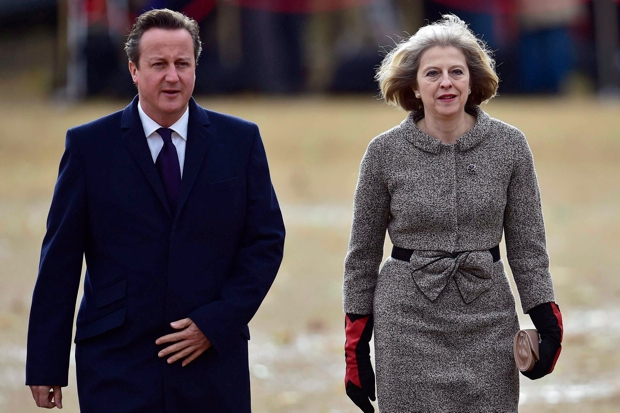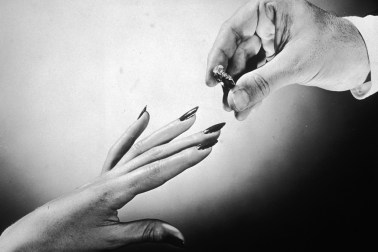Theresa May has clearly learnt one lesson from David Cameron’s failed negotiation with the EU. As I write in The Sun this morning. she has realised that if she just asks for what cautious officials think she can get, then she won’t get enough to satisfy the voters—hence Sir Ivan Roger’s resignation as the UK representative to the EU.
But an even bigger problem for Cameron’s renegotiation was that the other side never believed he would walk away from the deal. Cameron compounded this problem when he made clear that he wanted the whole thing done quickly, further reducing his negotiating leverage.
So, when May makes her big Brexit speech later this month, she should make clear that while she thinks a good deal would be best for Britain and the EU, she is prepared to walk away from a bad one.
Obviously, falling back on World Trade Organisation rules would not be ideal. UK goods entering the single market would face tariff and other barriers. But there are things that the UK government could do to offset this—cutting corporation tax and radically reducing regulation to make Britain a far more competitive place.
One Number 10 source tells me that they are ‘preparing for all eventualities’ on Brexit. In other words, working out how they would deal with a WTO situation.
But, ironically, suggesting that the UK is prepared to fall back on WTO rules and walk away would actually make a deal more likely? Why, because EU countries don’t want a low tax, low regulation state on their doorstep. Senior sources in the Brexit department tell me that the most frequent demand they get from EU politicians is for an assurance that Britain isn’t going to turn itself into Singapore-west.
A deal between Britain and the EU that goes further than the Canada / EU free trade deal would—given the constraints–be a good result for Britain. But to get something along those lines, May will have to show that she is prepared to walk away if no reasonable deal can be done.







Comments